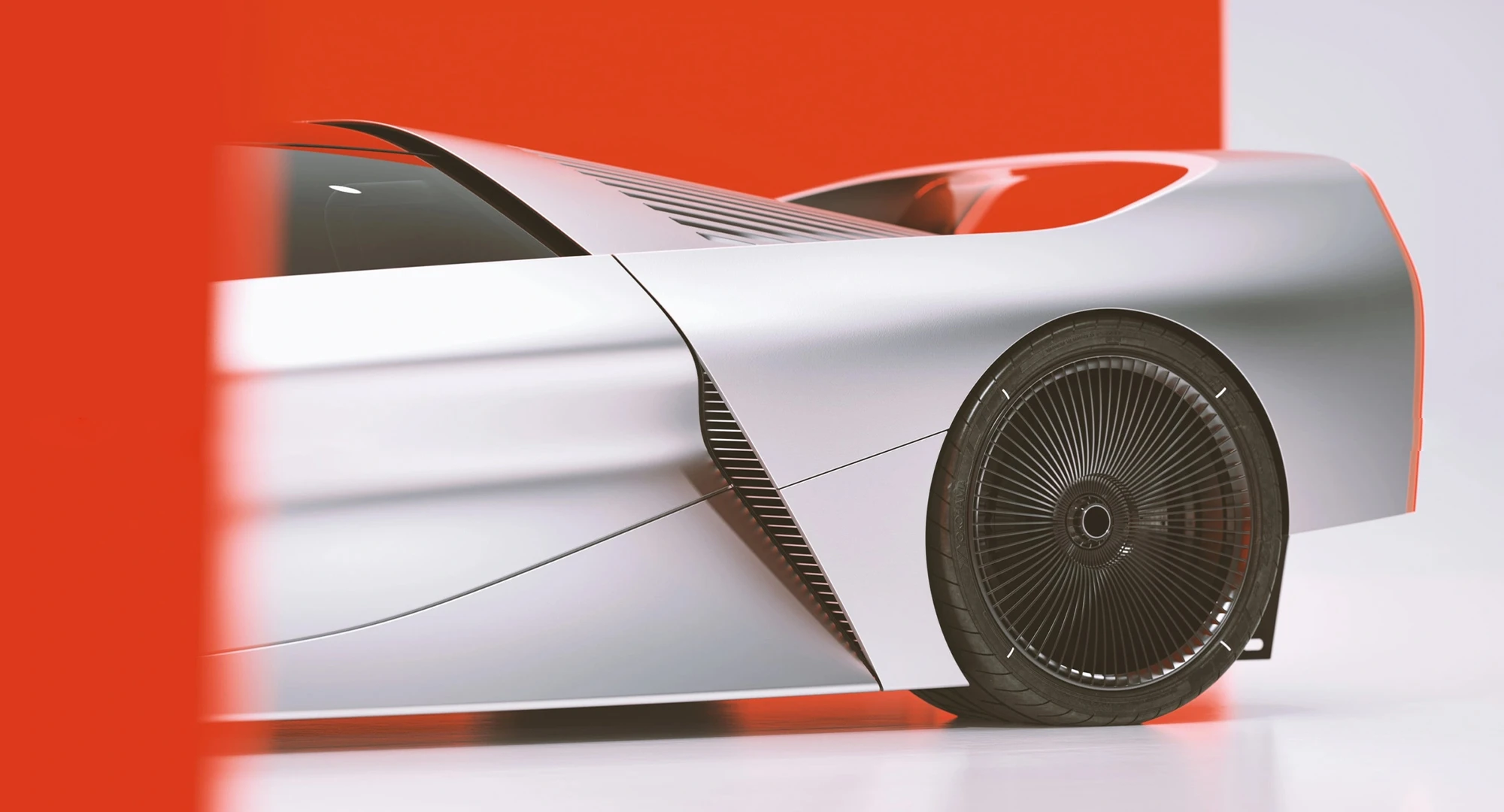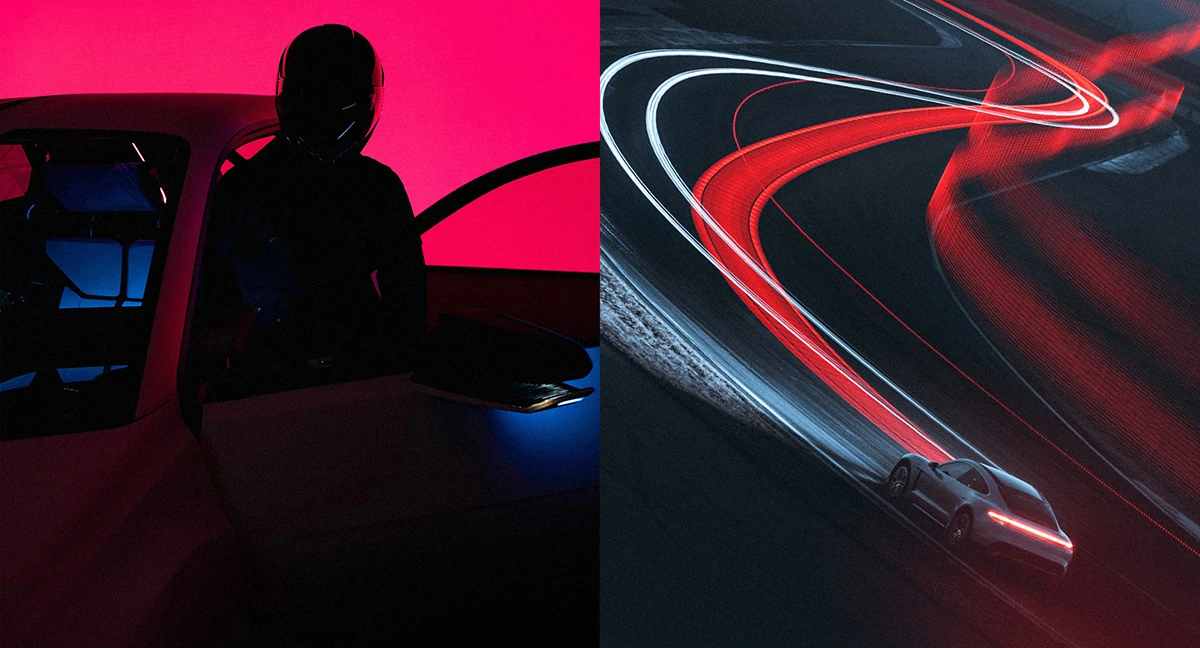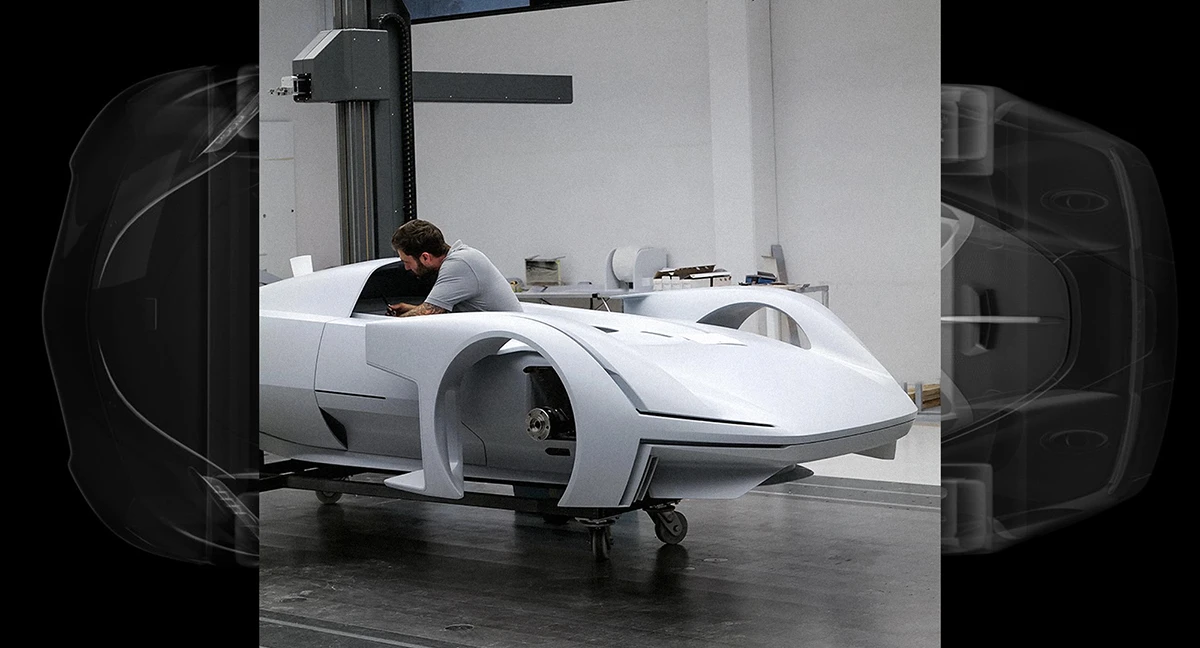
Automotive Digital Marketing Trends & Strategy Analysis
Automotive digital marketing is moving into a new phase as car buyers shift online and competition intensifies. Enterprise automotive brands face rising pressure to capture attention, convert leads, and build loyalty through digital channels. This article highlights five key trends shaping digital marketing in the automotive industry and explains how leaders can respond with strategy and execution.
Market Context: Disruption & Opportunity
The automotive industry is experiencing major disruption as consumer expectations shift toward digital-first experiences. Traditional advertising models are losing ground as buyers research, compare, and even purchase vehicles online. Automotive digital marketing strategy has become central to growth, with brands investing in personalization, omnichannel campaigns, and analytics to reach customers effectively.
Digital marketing for automotive industry leaders matters because purchasing decisions now begin long before a customer enters a dealership. Search engines, social media, and digital marketplaces drive awareness and shape brand perception. A strong digital marketing strategy for automotive industry players is no longer optional—it is the foundation for long-term competitiveness.
Stakeholders face both challenges and opportunities. Automotive companies that lag in digital transformation risk losing market share, while those adopting automotive digital marketing solutions gain measurable advantages in visibility, engagement, and sales. The benefit is clear: digital marketing automotive approaches give brands greater control over messaging, better insights into customer behavior, and more efficient use of budgets.
Top 5 Trends to Watch in Automotive Digital Marketing
- Rise of Personalized Customer Journeys
- Growth of Video and Immersive Content
- Shift to Data-Driven Campaign Optimization
- Integration of Omnichannel Marketing Strategies
- Expansion of AI and Automation in Campaigns
Trend Breakdown: Context & Competitive Insight

Rise of Personalized Customer Journeys
Personalization is becoming the standard in automotive digital marketing. Customers expect content that reflects their preferences, browsing history, and stage in the buying journey. This trend matters because personalization increases engagement and conversion rates. It affects automotive brands, dealerships, and digital agencies working with them. Companies that adopt personalization gain an edge through improved targeting, stronger customer trust, and a more efficient sales funnel.
Growth of Video and Immersive Content
Video marketing is now central to digital marketing for automotive brands. Buyers rely on video reviews, product demonstrations, and immersive 360° experiences to evaluate vehicles. This trend is driven by platforms like YouTube, TikTok, and social media ads that influence purchasing behavior. The impact is broad: automotive companies can showcase design, performance, and lifestyle alignment at scale. Brands that excel in video and immersive content build stronger emotional connections and increase purchase intent.
Shift to Data-Driven Campaign Optimization
Data-driven decision-making is redefining digital marketing in the automotive industry. Marketers can now use advanced analytics and predictive models to track ROI and adjust campaigns in real time. This shift matters because budgets are under scrutiny and leadership wants measurable impact. The implications are clear: automotive digital marketing strategy built on data creates efficiency, improves targeting, and helps companies allocate resources where they matter most.
Integration of Omnichannel Marketing Strategies
Customers move between devices, platforms, and touchpoints before buying a car. This makes omnichannel integration essential for automotive digital marketing solutions. Brands must deliver consistent messaging across web, mobile, social, and in-person experiences. Companies that succeed in this area gain stronger brand recognition, smoother customer journeys, and higher satisfaction. Those that do not risk fragmented communication and lost opportunities.
Expansion of AI and Automation in Campaigns
Artificial intelligence and automation are reshaping digital marketing for automotive industry leaders. AI tools support smarter ad placement, personalized recommendations, and customer service through chatbots. Automation streamlines campaign execution and scales outreach. The competitive advantage lies in speed, precision, and adaptability. Brands using AI and automation see faster insights, reduced costs, and improved lead generation compared to those relying on manual processes.
Let’s kickstart the conversation and design stuff people will love.

What Leading Brands Are Doing

Leading automotive brands are already adapting to these shifts by aligning marketing with digital-first consumer behavior. Some have invested in immersive virtual showrooms, allowing customers to explore vehicles from home and schedule test drives online. Others have deployed AI-powered lead scoring tools to help sales teams focus on the most promising prospects, resulting in higher conversion rates.
At G&Co., we have supported enterprise automotive companies in modernizing their digital marketing strategy for automotive industry challenges. Whether through campaign design, platform modernization, or customer journey optimization, our work enables brands to translate trends into measurable growth and competitive advantage.
Risks, Blind Spots & What to Avoid
- Risk 1: Over-Reliance on Legacy Tactics
Why it matters: Brands that focus too heavily on traditional advertising fail to connect with digital-first buyers.
Blind spot: Many underestimate how quickly consumer attention has shifted online. - Risk 2: Poor Data Integration
Why it matters: Without unified data systems, marketers cannot deliver effective personalization or measure ROI accurately.
Blind spot: Businesses often assume their existing CRM or analytics tools are sufficient when they are not. - Risk 3: Delayed Adoption of AI and Automation
Why it matters: Slow movers miss out on efficiency and targeting improvements that competitors are already leveraging.
Blind spot: Teams often resist change due to lack of internal expertise or fear of disruption.
The Role of Automotive Digital Marketing Firms

Automotive digital marketing firms help enterprise automotive companies manage the transition from traditional advertising to digital-first engagement. These firms provide expertise in strategy, campaign execution, and technology implementation. They also help companies adopt automotive digital marketing solutions that align with customer expectations and competitive pressures.
The benefits include improved personalization, integrated omnichannel campaigns, and measurable return on investment. Firms bring specialized knowledge of data analytics, video marketing, and automation that many in-house teams lack. Selecting the right partner matters because a strong automotive digital marketing strategy requires both vision and flawless execution. Ongoing support ensures that brands remain responsive to market changes and continue optimizing performance. At G&Co., we partner with leading automotive companies to deliver digital marketing automotive solutions that strengthen market position and prepare brands for the future.
Conclusion & Strategic Outlook
These five trends show that automotive digital marketing is not a short-term shift but a fundamental redefinition of how automotive companies reach and retain customers. The rise of personalization, video, data-driven optimization, omnichannel strategies, and AI underscores the need for foresight and speed. Companies that invest now in the best automotive digital marketing approaches will be better positioned to grow market share and lead customer expectations. At G&Co., we provide the expertise and execution needed to help enterprise automotive leaders capture these opportunities and define what’s next in digital marketing in the automotive industry.






%20(1).png)




